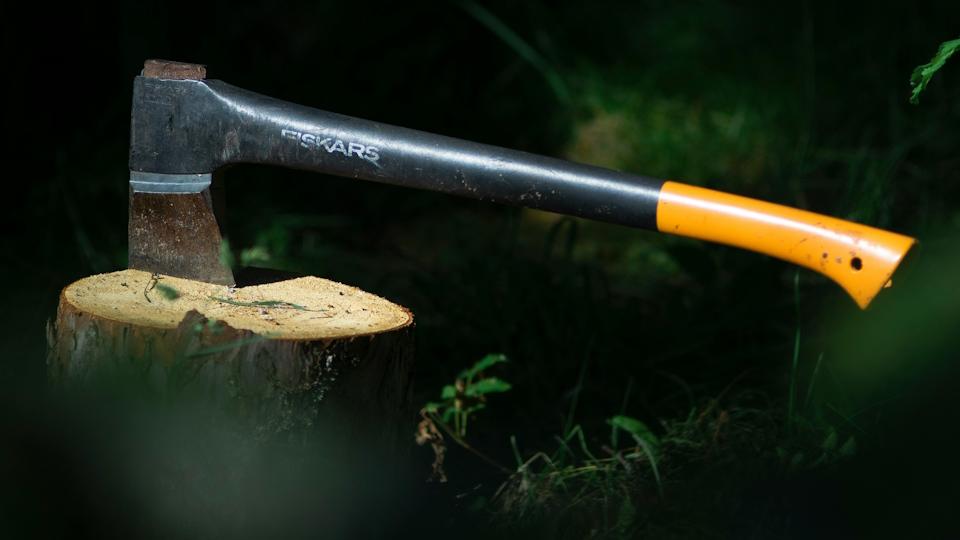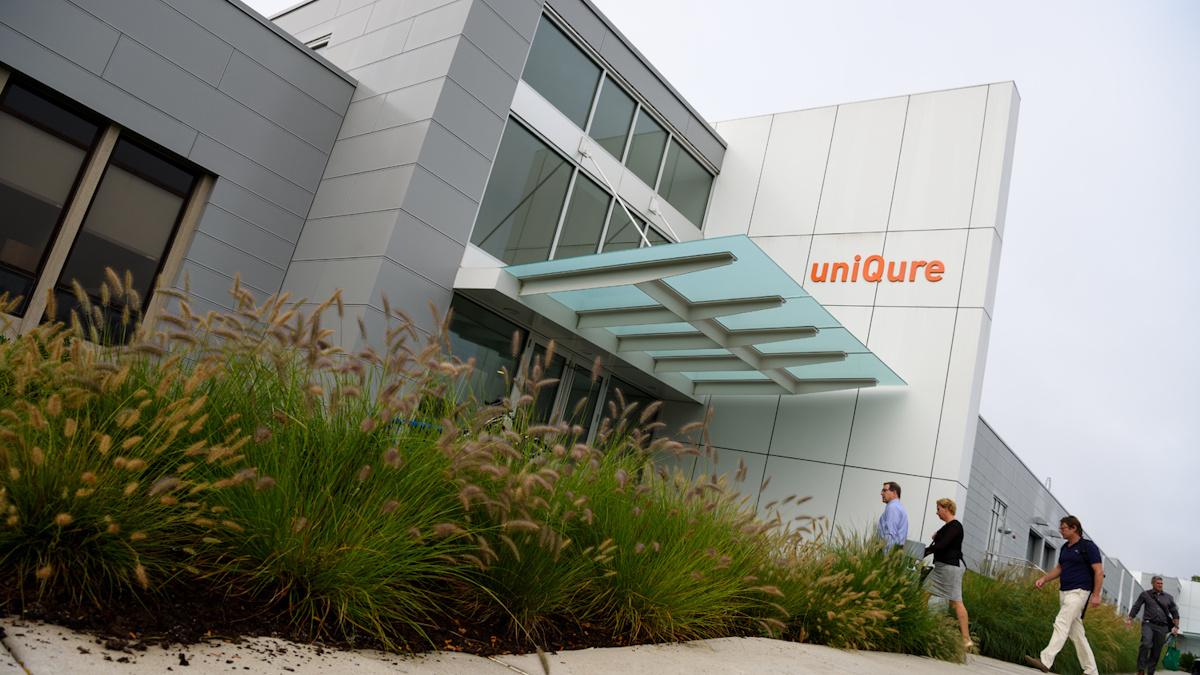uniQure wields axe again as Huntington's therapy progresses

uniQure is shrinking again, saying it will shed two-thirds of its staff by the end of the year – about 300 jobs – as it tries to trim $75 million off its annual cash burn.
The decision is just the latest in a series of cost-cutting moves at the genetic therapy specialist in the last few months, coming after it announced plans last October to shed 114 employees, close down an R&D facility in Lexington, Massachusetts, and put a series of research programmes on the back burner.
Last month, uniQure also agreed to sell its Lexington manufacturing plant – used to produce haemophilia B gene therapy Hemgenix (etranacogene dezaparvovec) for commercial partner CSL – to contract development and manufacturing organisation (CDMO) Genezen in a $25 million deal.
Having successfully ushered Hemgenix through to market via its partnership with CSL, uniQure's attention has now switched to paying down its debt and becoming a leaner operation as it works on its pipeline including the next lead project – AMT-130 for Huntington's disease.
AMT-130 became the first Huntington's therapy to be awarded a Regenerative Medicine Advanced Therapy (RMAT) designation from the FDA in June, giving uniQure a closer level of interaction with the FDA as it advances through clinical development.
New results from an ongoing phase 1/2 study of the therapy showed that it was able to slow down disease progression in patients with early-stage Huntington's over two years compared to an untreated control group, and also reduce levels of neurofilament light chain (NfL) in cerebrospinal fluid (CSF), a biomarker for the disease.
The company is due to talk with the FDA about a regulatory path forward for AMT-130 later this year, with additional data from the phase 1/2 trial expected in mid-2025, including three-year follow-up data for some patients.
Huntington's disease is a rare, devastating neurodegenerative genetic disorder that affects motor function and causes severe cognitive decline, eventually leading to total physical and mental deterioration. There are no FDA-approved therapies.
The latest restructuring round will retire around $50 million of more than $100 million in long-term debt. As of the end of June, the company had around $524 total in cash and investments, enough to fund operations through the end of 2027.
In connection with the sale of the manufacturing facility, uniQure's chief operating officer, Pierre Caloz, will also be leaving the company. His role in the stripped-down company will now be filled by Amin Abujoub – previously chief quality officer at uniQure – who will serve as chief technical operations officer.
Photo by Olli Kilpi on Unsplash












